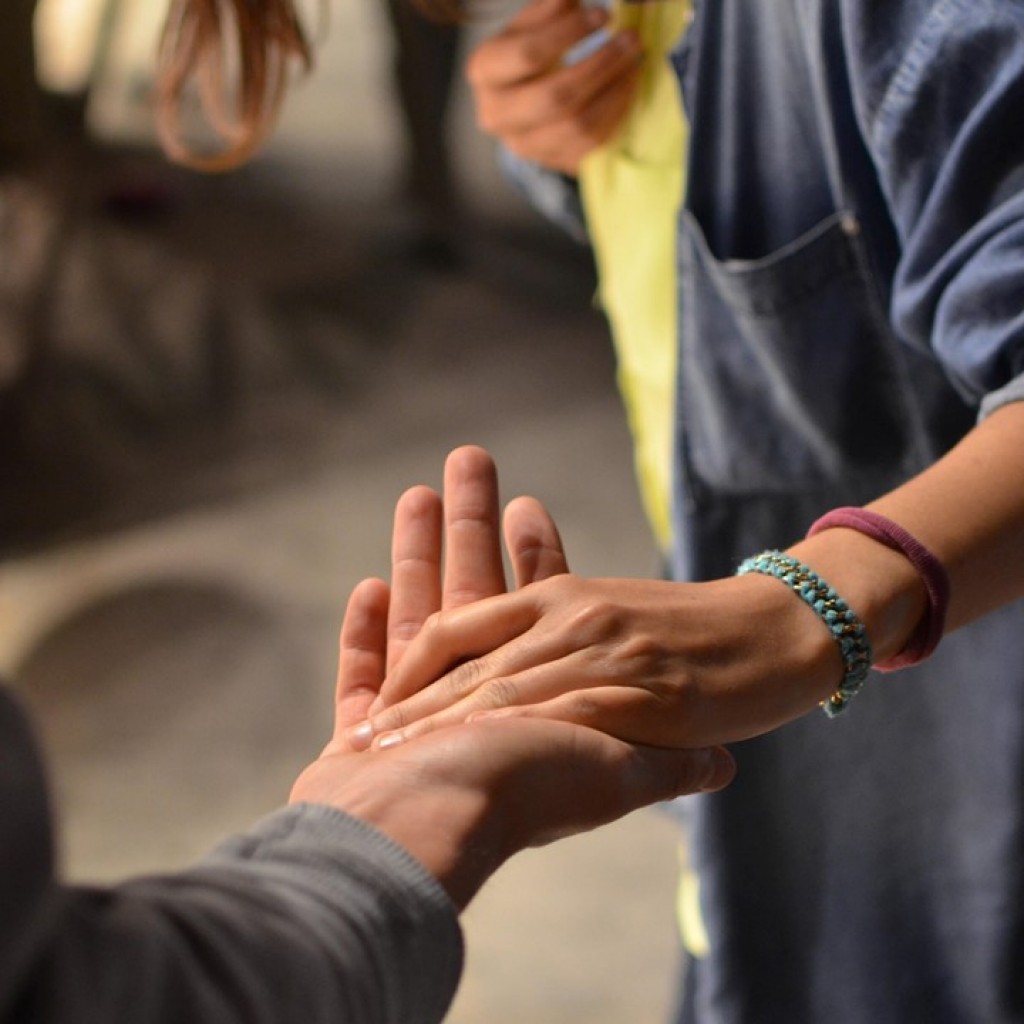The recent decision of the High Court not to uphold director disqualification proceedings brought by the Official Receiver against the former trustees and CEO of the Kids Company charity has reopened much debate within the charity sector.
This follows the significant public controversy which surrounded the charity’s insolvency and closure in 2015 and resulting widespread criticism of the charity’s governance and financial model - especially lack of reserves- which still resonates today.
We still await formal confirmation from the Charity Commission as to what, if any, further action the Commission intends to take as a result of its own inquiry, and the Commission’s recommendations and guidance will be essential reading when published. But there have been reports indicating that no further regulatory action will be taken by the Commission against the trustees and/or senior management team.
So, what can charities and their trustees take from the ruling?
1. This is a great result - and a huge relief - for trustees of incorporated charities.
Company insolvency procedures including director disqualification proceedings potentially apply to trustees of incorporated charities such as those structured as companies limited by guarantee and CIOs.
If director disqualification proceedings are brought against a charity trustee who also holds other senior management positions and the trustee is found to be unfit to act as a director as a result, this will disqualify them from those other positions too and so could involve the trustee losing their livelihood as well as their trusteeship.
The Court’s decision provides those trustees with reassurance that at least in the context of director disqualification proceedings, volunteer charity trustees should expect to be treated more leniently than directors of private sector companies where there is no question of any lack of probity.
As long as the trustees conduct themselves diligently, honestly and reasonably in their decision-making, even if those decisions turn out to be badly wrong, the chances of being found to be unfit, and so risking disqualification are thankfully extremely low.
This decision should therefore be particularly reassuring to trustees of charities experiencing financial challenges and/or where reserves have had to be depleted in recent months below desired levels as a result of the impact of the COVID 19 pandemic.
2. It is a good result for the charity sector - particularly in terms of trustee recruitment and retention.
If the decision had gone the other way, this would have provided a significant disincentive for individuals holding other board/senior management positions to act as charity trustees, just at a time when the charity sector is grappling with huge challenges as a result of the pandemic and consequential impact on fundraising and operations, and increased beneficiary demand.
Many charities already struggle to recruit trustees with the right skills and experience at the best of times, and the sector needs to be able to continue to recruit as many talented and diverse new trustees as possible.
3. The decision is good news for charity CEOs
Particularly those who may be concerned about the implications for them personally if their charity’s board is too ‘passive’ and not providing sufficient oversight and constructive challenge to the senior management team.
The former chief executive of Kids Company, Camila Batmanghelidgh, was found not to be a ‘de facto director’ of the charity, despite exercising significant influence over the management of the charity. The case concluded that she did not have equal footing to the trustees. Had she been found to be a de facto director, she would have been potentially subject to director disqualification too.
The decision reflects the importance for all charities to have clear delegation structures ensuring the CEO remains clearly accountable to the Trustees and subject to their overall supervision and direction.
4. In future, it seems more likely that the Charity Commission will end up taking the lead on any regulatory action against trustees of insolvent charitable companies and CIOs, rather than the Official Receiver.
This is not to be seen as a ‘soft option’ and does not mean trustees are under any less potential scrutiny as a result.
This was recommended by the Judge who criticised the Official Receiver’s lack of knowledge and experience of typical charity governance structures and financial models, with most charities having an entirely non-executive board of trustees delegating significant management responsibility to a CEO and other senior staff.
Sole involvement of the Charity Commission in such cases in future would have the advantage of ensuring a ‘level playing field’ as to the criteria by which all charity trustees are assessed given that there are a large number of different charity legal structures. Many charities operate through unincorporated structures which are outside the remit of corporate insolvency and disqualification procedures.
The Commission has a wide range of disciplinary powers ranging from official warnings through to disqualifying trustees and senior managers of trustees, so this is by no means a soft option.
Unlike the Official Receiver, the Commission is not time-limited in relation to trustee disqualification and trustees arguably have more limited opportunities to defend themselves in relation to Charity Commission enforcement action compared to director disqualification.
5. Whilst the case held that Kids Company’s financial model was not unsustainable, the decision should not be taken as an endorsement of the Kids Company model either.
As has been well publicised, the charity operated on a ‘demand led’ model with the trustees’ policy to prioritise meeting immediate charitable need over building reserves.
The Judge concluded on the facts in this case that it was reasonable for the trustees to allow the charity to operate in the circumstances without reserves, on the basis government and other philanthropic funding was expected to be forthcoming and the financial and operational model of the charity had been sustained for 17 years.
She acknowledged that building up reserves would have been desirable but also noted that holding reserves are not a legal requirement and the difficulties all charities have in building up free reserves given the limitations often placed by funders on what grant funds can be used for.
Many in the charity sector will disagree and argue the trustees should have done more to build reserves, and that the trustees had not sufficiently balanced the significant risks to beneficiaries if there were to be a catastrophic loss of funding. This is especially in the context of a charity working with extremely vulnerable children at high risk if the charity could no longer support them.
Trustees should ensure their charity has a clear reserves policy which is reviewed regularly. The case highlights the importance as part of this process of trustees balancing the immediate requirement of meeting beneficiary need in the short term against the need for the charity to be able to meet future beneficiary needs in the longer term.
6. The decision has reopened debate as to whether the traditional charity governance model is still appropriate, especially in the context of a larger charity with complex operations.
Whilst the case is supportive of volunteer trusteeship, it has demonstrated some of the potential weaknesses of the usual charity governance model of a wholly volunteer, part-time, non-executive trustee board having sole legal responsibility for all charity decision-making.
Certainly in recent years we have seen more interest among our charity clients in looking to explore alternative governance models which may create a more balanced relationship between the trustees and executive team, and we expect this trend to continue.
For example, some charities have successfully obtained Charity Commission approval to paid trustee arrangements where appropriate, and also to ‘unitary’ boards where the CEO and possibly other members of the employed senior management team have full trustee status.
Find out more
For further information about how our dedicated Charities lawyers can help, contact them today, or visit their hub page.






